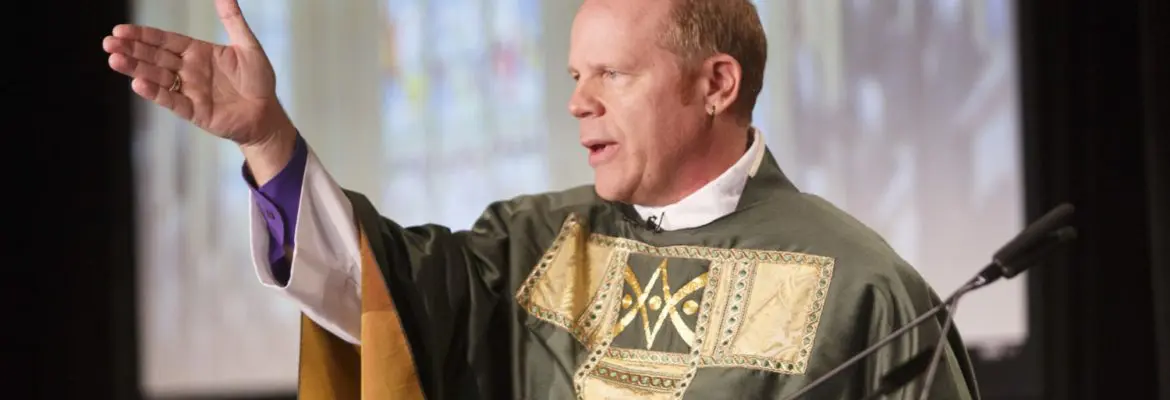
Dear Friends,
The news of Wanda Robson’s death last weekend has stayed with me all this week.
Wanda Robson, a Black woman from Nova Scotia, was a civil rights activist who in the latter decades of her life worked for the pardon and recognition of her sister, Viola Desmond. Viola, of course, is best remembered for her courageous act of resistance in 1946, when she was forcibly removed from a whites-only section of a movie theatre in Nova Scotia, and then later charged and convicted with “tax evasion.” Viola’s fight for racial justice challenged a province and nation, and raised awareness of segregation and anti-Black racism in this country. It was Wanda who took up the fight after Viola’s death, and it was Wanda’s tenacity that resulted in the first-ever posthumous free pardon ever granted in Canada, for her sister. Viola’s legacy is now commemorated on the $10 bill. She is the first Canadian woman to be represented on the face of our currency. “The Queen is in good company,” Wanda said proudly at the currency launch in 2018.
Honouring the history, legacy and achievements of Black Canadians is something we are called to do each and every day. Black History Month gives us a particular opportunity to enter into the joy of celebrating the accomplishments, diversity, art, music and cultures of Black communities. And we have occasion to mark this celebration in the Church. Our congregations are formed and shaped by so many faithful Black clergy and laity throughout our history. Anglicans especially this past Christmas grieved the loss of our beloved Archbishop Desmond Tutu, who was a faithful teacher, pastor, champion of human rights and a prophetic voice for the “rainbow people of God.” The leadership and witness of Archbishop Tutu and Wanda Robson remind us that we still have work to do in dismantling anti-Black and systemic racism. Sadly, bias too often plays a part in our neglecting to honour the perspective, wisdom and experience of our Black communities.
This recognition and celebration should never be confined to a singular month. Indeed, the UN has declared that the years 2015-2024 are the International Decade for the People of African Descent, stating, “In proclaiming this Decade, the international community is recognizing that people of African descent represent a distinct group whose human rights must be promoted and protected.” Exactly a year ago, at the February 2021 Diocesan Council meeting, I endorsed this UN recognition and Diocesan Council supported my endorsement unanimously by consensus.
I want to encourage everyone to tune in to the Black Anglicans of Canada service, “Strangers No Longer,” streamed over YouTube on Feb. 27 at 4 p.m. Now national in its scope, the Diocese of Toronto has proudly been associated with this annual event since it started in 1995, and as it has gone from strength to strength. It is a powerful and rich worship experience.
I want to encourage everyone to find ways to learn, to recall, to tell and to hear the stories that celebrate Black History. May we deepen our commitment to be more authentically the rainbow people of God.
Yours in Christ
The Rt. Rev. Andrew Asbil
Bishop of Toronto